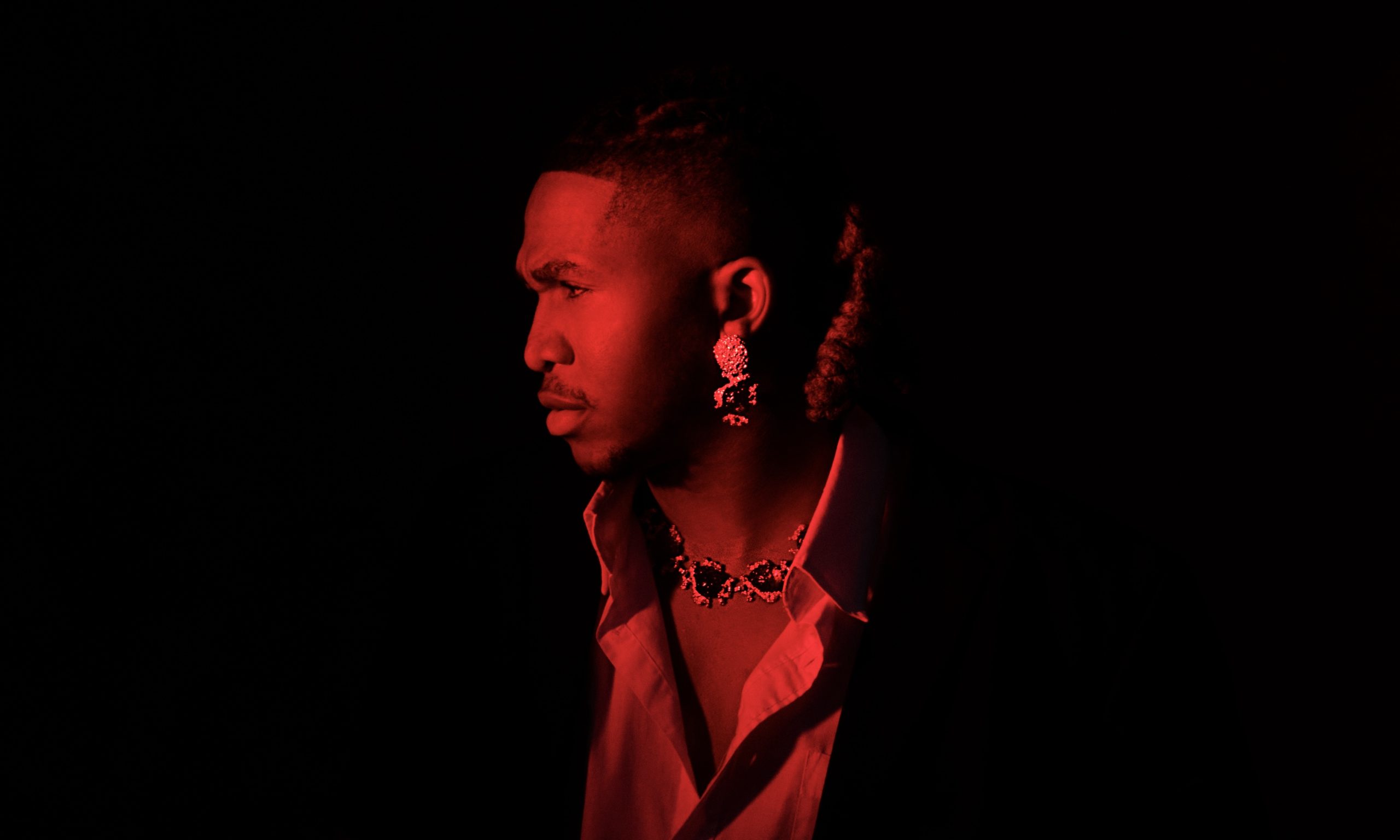Oyinkan, like most Nigerians, grew up in a religious family, holding steadfastly to the tenets of Christianity. Thus, when she had sex for the first time or, in Christian speak, ‘fornicated’, she felt catholic guilt. That excessive guilt that plagues Christians when they “fall short of the glory of God”.
Still religious but at a lower frequency, Oyinkan is yet to adhere to the sexual purity preached by the church. In this edition of Roaring 20s, we speak to her about existing as a walking contradiction, the intersection of her faith and politics, and how they shape her thoughts on sex as a practising Christian.
Have you always been deeply religious, or was there a moment or season in your life when faith became something you actively held on to?
I think now I’m not as religious as I used to be, but once upon a time, I was very, very committed to going to church and living by the full tenets of Christianity. I went to church regularly, I gave, I did everything. These are things I still do, but not with the same frequency as before.
For example, I still fundamentally believe in communion with God and giving to the church, but I don’t go every Sunday like I used to. So yes, there was a very large stretch of my life where my relationship with God was something I took very seriously.
When you first had sex, how did it sit with your faith at the time? Did you feel any of that Catholic guilt people talk about, or was it more complicated than that?
The first time I had sex, it was a complicated feeling. On one hand, I had the usual Catholic-Christian guilt—every Nigerian Christian is raised to see premarital sex as a gateway to hell. So there was that. But also, I didn’t enjoy the sex. Consent wasn’t fully or enthusiastically given, so it wasn’t really on my terms. That complicated things even more. At the same time, I now had the guilt of doing it as a “Christian sister”.
So yes, it was layered, not just guilt but also dissatisfaction and the circumstances around it.
Do you still experience guilt now, or have you found a personal way to reconcile sex and faith so they no longer feel in conflict?
Sometimes I do feel guilt, but it’s similar to the guilt I feel when lying or committing other “smaller sins”. It’s just guilt, and I ask myself if there’s anything I can do to adjust going forward. But I’ve also realised that a lot of Christians pick and choose which elements of faith they want to practise.
Many are fine with things like the prosperity gospel, with Christian nationalism if it moves the movement for Christ, or with atrocious things done in God’s name. Many even denigrate empathy, love, and mercy because they want revenge. Honestly, I don’t think I’m that different from the average Christian anywhere. Wherever there’s guilt, most of us are picking and choosing in some way. So I might as well be one of them.
How do you manage the tension between a religion that calls for sexual purity and your decision to be sexually active? Does it feel like compromise, resistance, or something else entirely?
I don’t really think of it as something to manage. Christianity is pretty consistent in terms of sexual and moral ethics, so there’s no ambiguity there. From where I’m sitting, is what I’m doing “good”? No. Do I want to stop personally? No. Do I know that the ideal thing, based on my religious beliefs, is that I should stop? Yes. But I believe the average person lives in contradiction. I’m not different. I’m living in those contradictions, and that’s just what it is.
Have you ever been with a partner who struggled to understand, or even criticised, the mix of your religious commitment and your sex life? How did that shape the way you see yourself?
Yes, I have. Mostly because some people don’t really believe in Christianity in practice, they follow a very fear-based version—afraid of hell or consequences—but they don’t hold those beliefs as true. So when temptation comes, many fall. I’ve had guys say, “Oh no, I’m not like this or like that,” and I go, “Okay, no problem.” But when it comes down to actually living it out, they fail, and I’m like, “You’re the one disappointing yourself, not me.”
Most guys I’ve been with—Christians included—don’t live up to the values they profess. That reflects badly on the Nigerian church, especially when you look at Nigerian Christian politicians who are openly corrupt. We’re really badly behaved, to be honest. So no, I don’t feel any worse than the average Nigerian going to meet God. We’re all working contradictions at this point.
In moments of worship or prayer, do you ever feel a sense of contradiction, like you’re presenting one version of yourself to God and another to the world, or has that feeling faded over time?
I don’t feel like I’m any worse than anyone else going before God. I may pray for forgiveness or deliverance, but I’m not weighed down by feeling like I’m uniquely hypocritical. Like I said, we’re all contradictions.
Do your political beliefs, whether around feminism, sexual freedom, or gender roles, influence how you think about the balance between sex and religion?
Yes, my politics—especially feminism—have influenced my faith. They’ve introduced me to liberation theology, which is the politically left side of Christianity. It’s shaped how I see money, sex, and gender. For instance, I’m more willing to give to the poor or to the church without expecting blessings in return, unlike prosperity gospel thinking.
In terms of sex and gender, if I were to abstain, it wouldn’t be for the cliché reason of “saving myself for my husband.” It would be because concentration towards God is important to me, and because discipline is valuable—sexual discipline included. I want a partner who sees me as a whole human being, not someone they can just impose headship over.
So yes, my politics and faith feed each other. My faith influences my politics, and my politics shapes my faith. They constrain me to want a better world, which also evolves how I see sex and gender. I haven’t figured it all out yet, but I’m working toward a balance that is functional, healthy, and spiritually aligned.
Looking ahead, do you think you’ll eventually choose one path—celibacy or stepping away from the church—or is this blend of faith and sexual expression something you’re comfortable with carrying into the future?
Looking ahead, I’ll probably lean towards sexual abstinence. Honestly, I don’t have that much sex anymore, so maybe I’ve already started picking a lane. I think as you get older, you don’t have the bandwidth to maintain certain escapades, so at some point you have to make up your mind.
If I choose abstinence, it won’t be because I want to meet some husband’s idea of a “holy woman of God”. It will be because I believe it’s healthier for me as a Christian and doesn’t harm anyone.
Finally, would you say your 20s are roaring? On a scale of 1–10, how loud is the roar?
My 20s have been an adventure—many ups, many downs, even some incredibly insane downs. Accounting for both the struggles and the successes, I’d give it a 6.5 or 7 out of 10.





